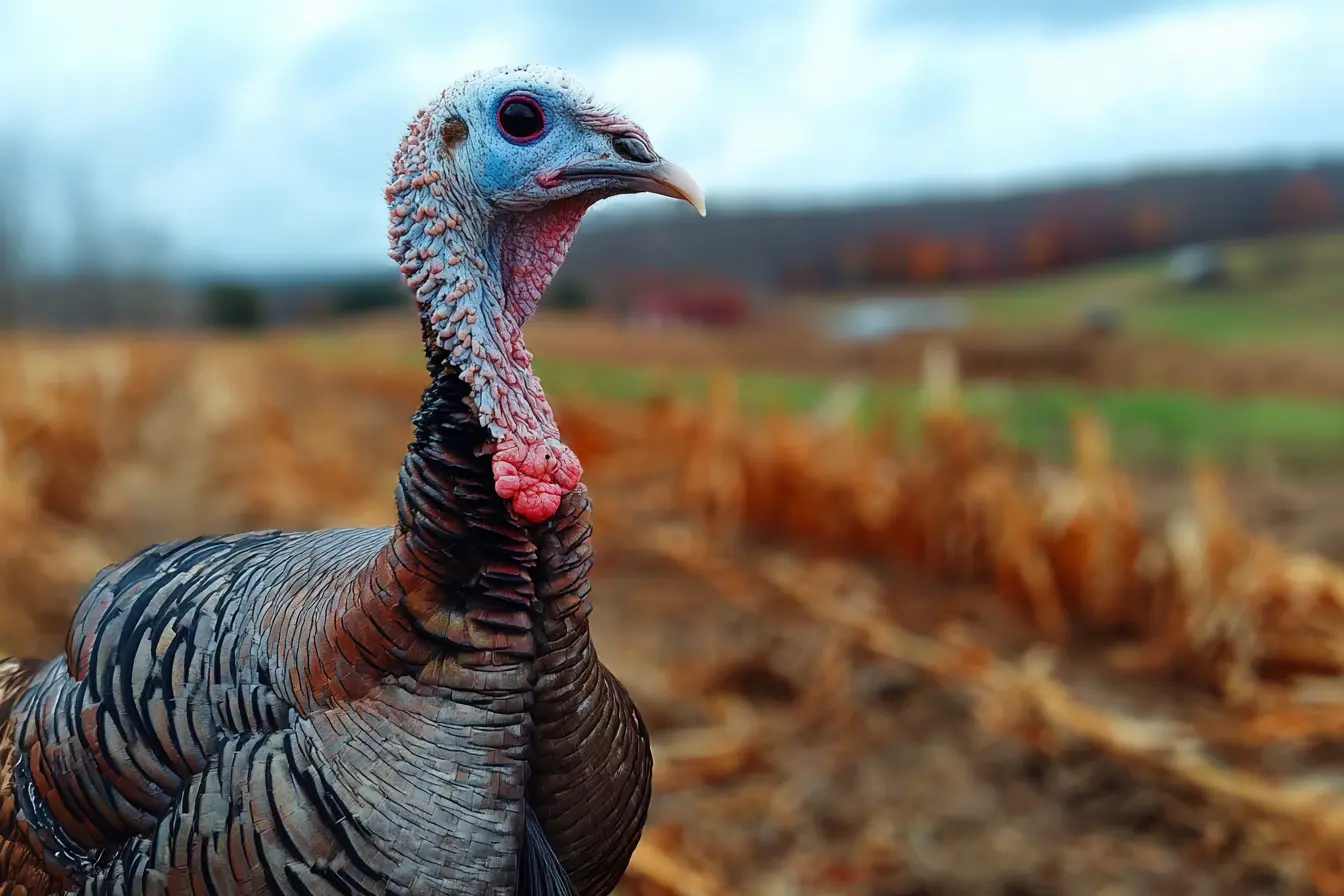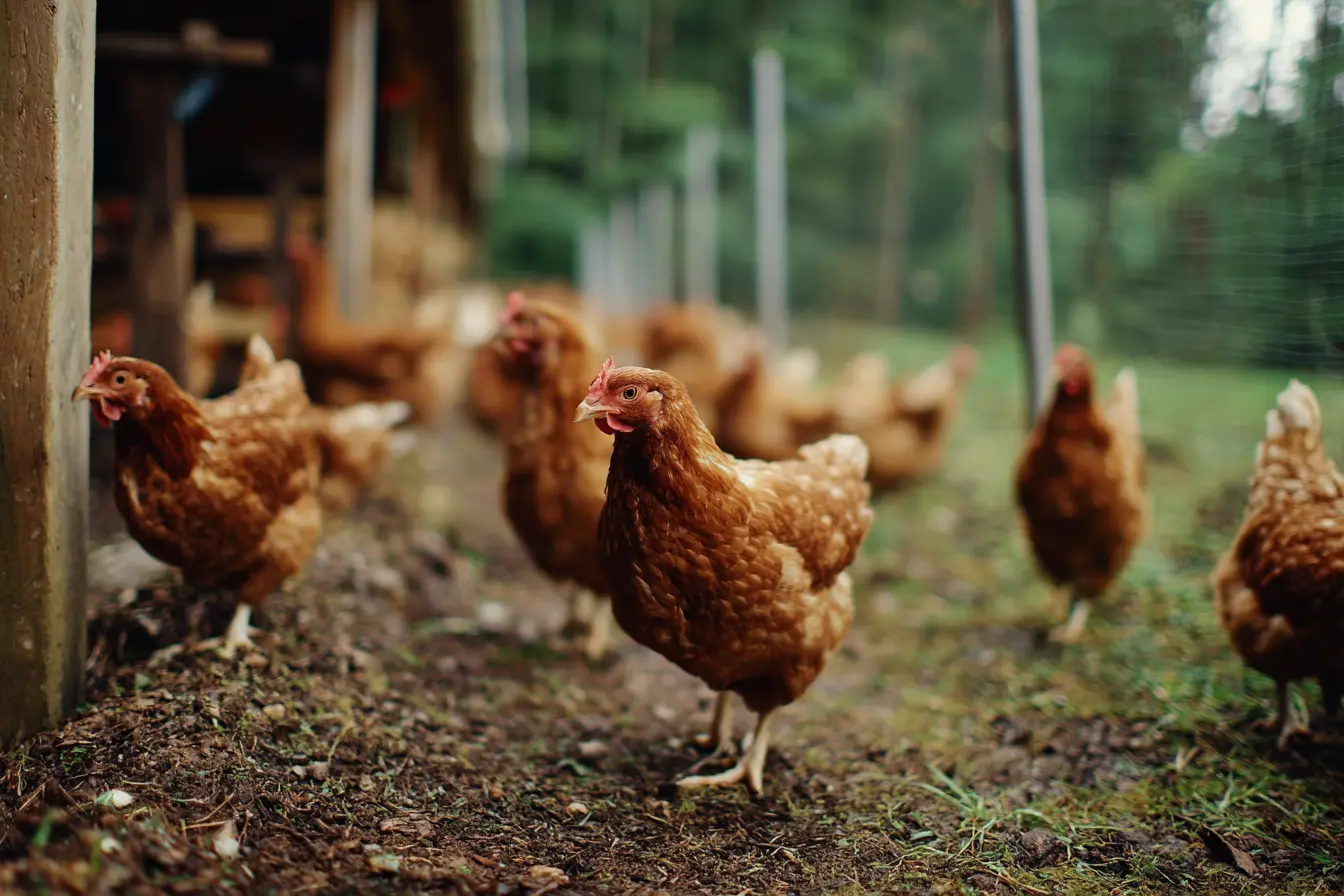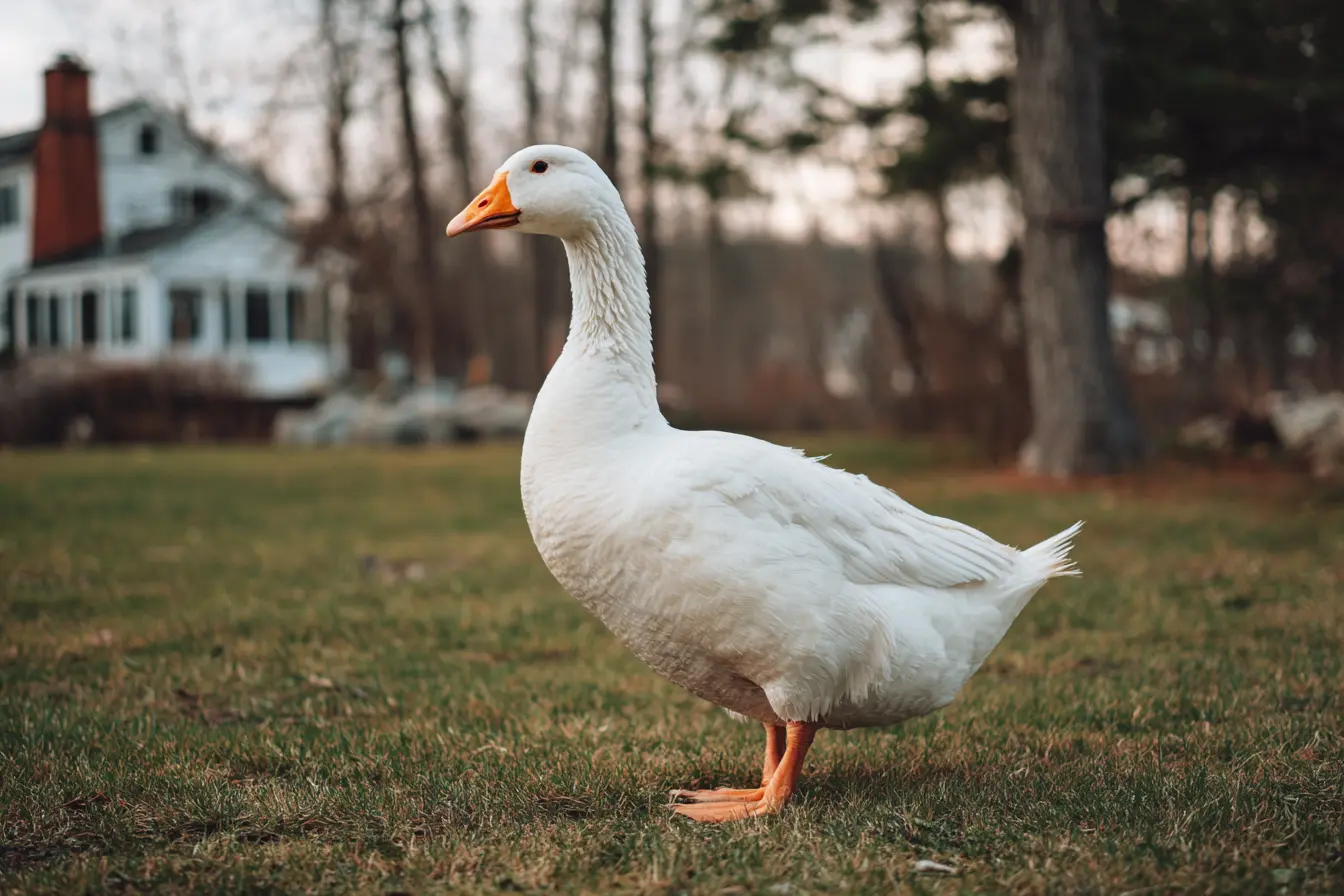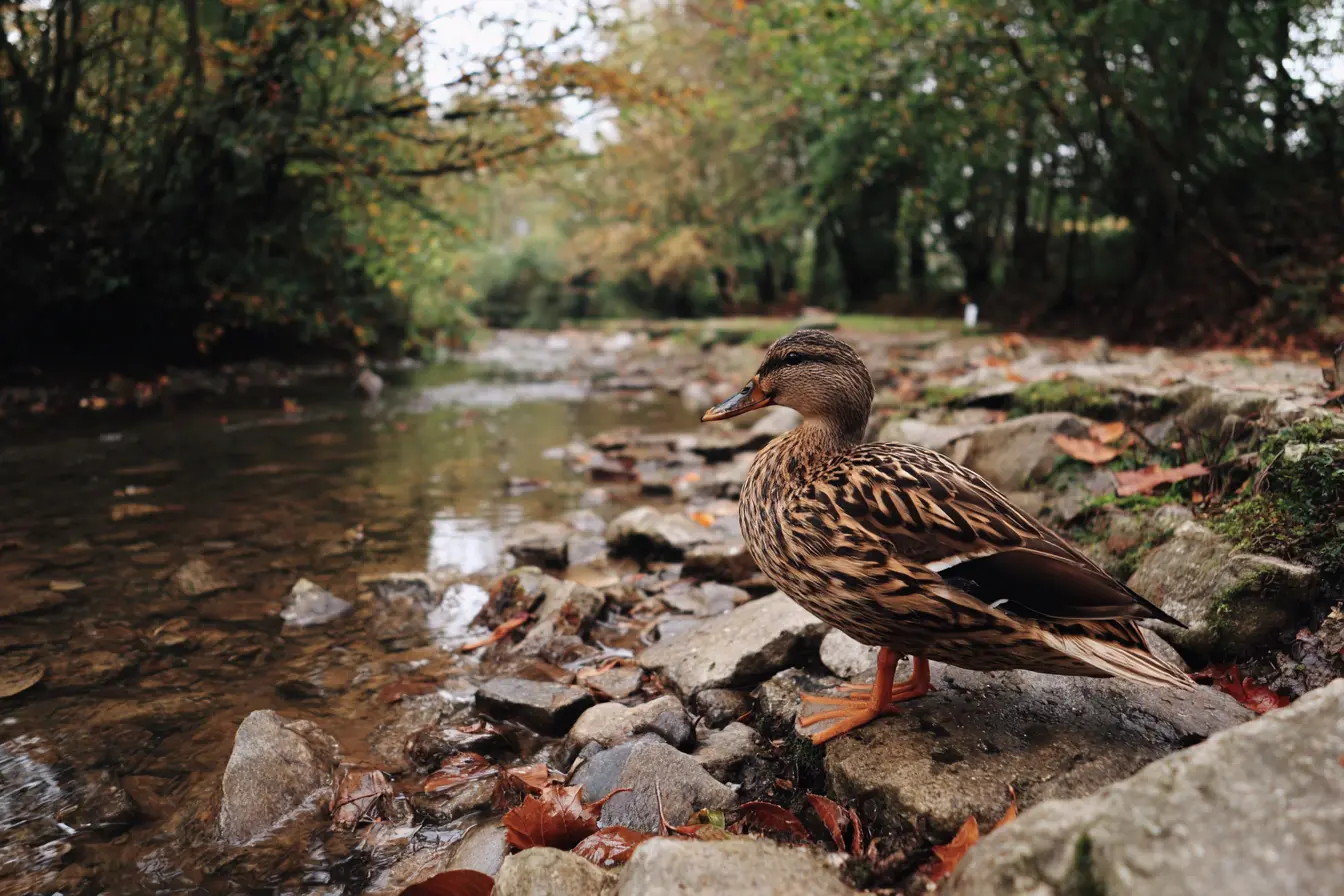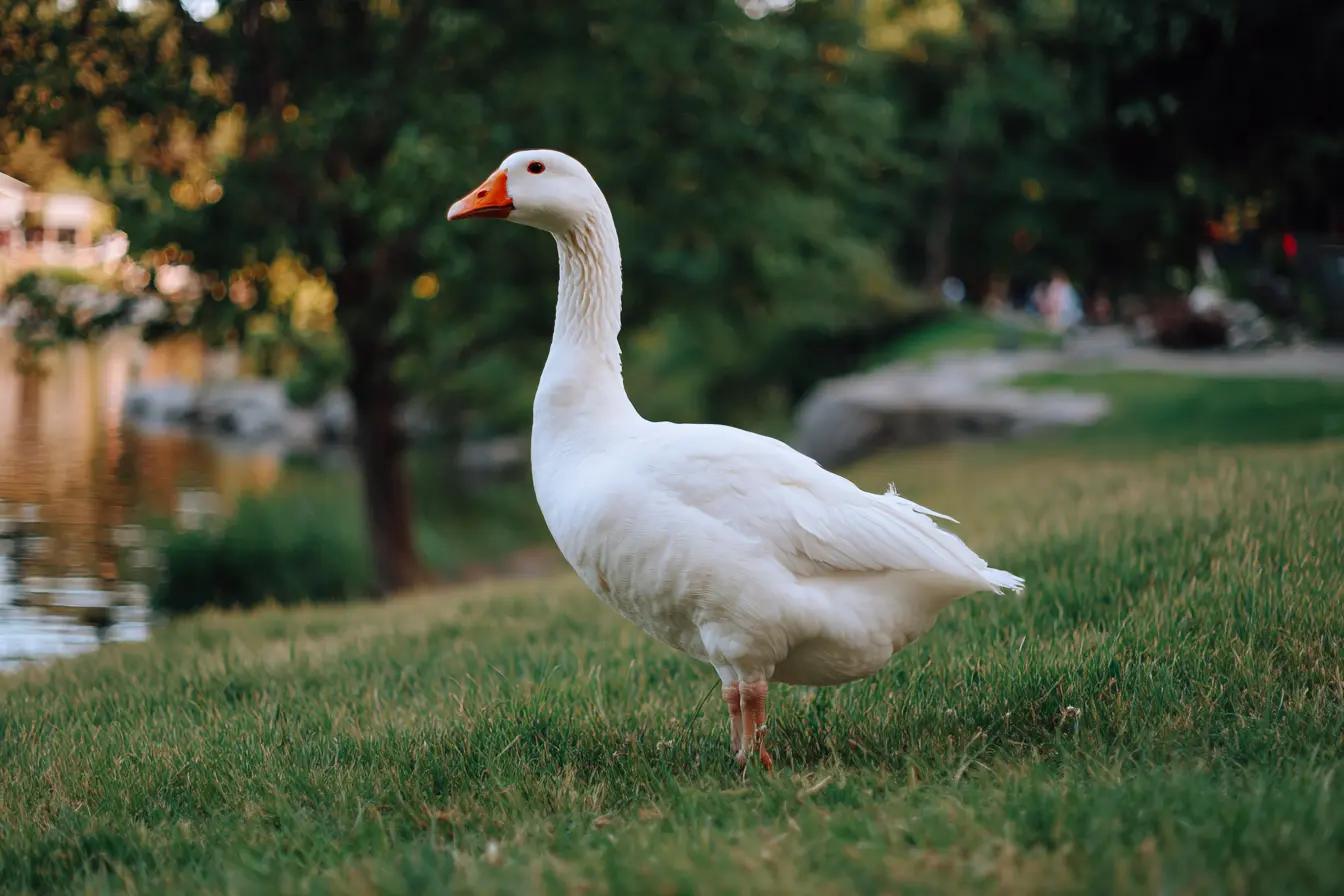
The Complete Guide to Deworming Geese
Geese are generally hardy birds with strong immune systems, but they are still susceptible to internal parasites. Worms can impact their health, productivity, and long-term wellbeing, especially when geese have access to pasture, ponds, or areas frequented by wild birds. Whether you keep geese for meat, eggs, weed control, or companionship, a solid understanding of deworming is essential. This guide covers everything you need to know: types of worms, symptoms, treatment options, natural remedies, and prevention strategies.
Why Deworming Geese Matters
Internal parasites can quietly affect a goose’s ability to thrive. Since geese are grazing birds that spend significant time foraging and drinking from natural water sources, they are particularly vulnerable to picking up worm eggs or intermediate hosts. Deworming plays a vital role in:
- Maintaining good body condition and growth
- Supporting reproductive performance
- Preventing secondary infections and illnesses
- Enhancing overall vitality and flock longevity
Geese with unchecked worm burdens may suffer chronic health problems or, in extreme cases, die from internal blockage or systemic weakness.
Common Worms That Affect Geese
Geese are susceptible to several types of parasitic worms. Understanding the differences can help identify problems and choose effective treatments.
Roundworms (Ascaridia spp.)
- The most common worm in domestic geese
- Large and white, often visible in droppings
- Live in the small intestine and compete for nutrients
- Can cause poor weight gain, lethargy, and intestinal blockages
Gizzard Worms (Amidostomum spp.)
- Reside in the lining of the gizzard
- Can cause inflammation, bleeding, and reduced digestion
- May result in weakness and poor feed conversion
Capillary Worms (Capillaria spp.)
- Very thin, hair-like worms
- Found in the crop, oesophagus, or intestines
- Cause anaemia, diarrhoea, and decreased productivity
Gapeworms (Syngamus trachea)
- Found in the trachea, particularly in young or compromised geese
- Cause gaping (open-mouth breathing), coughing, and respiratory distress
- Transmitted through ingestion of earthworms or contaminated ground
Tapeworms (Cestodes)
- Require intermediate hosts like snails or insects
- Attach to the intestinal wall and steal nutrients
- Often result in poor body condition and reduced egg laying
Signs of Worm Infestation in Geese
Early stages of worm burden may go unnoticed, but some key symptoms include:
- Weight loss or failure to gain weight
- Pale mucous membranes or legs (anaemia)
- Diarrhoea or wet, green droppings
- Lethargy or weakness
- Reduced egg production or fertility
- Ruffled feathers or poor feather condition
- Gaping, coughing, or respiratory signs (gapeworm)
- Sudden deaths in extreme cases
Regular observation and periodic faecal testing are important to catch infestations early.
When and How Often to Deworm Geese
The frequency of deworming depends on your environment, flock management, and exposure to wild birds or damp pastures. General recommendations are:
- Deworm twice per year (spring and autumn) as part of a preventative health plan
- Deworm every 3 to 4 months in high-risk settings
- Treat immediately if worms or symptoms are observed
- Conduct faecal testing to assess worm load before deciding on treatment frequency
Geese grazing in the same pasture year-round are at higher risk than those rotated or kept on drier ground.
Approved Dewormers for Geese
Unlike chickens, fewer deworming products are licensed specifically for geese. However, with veterinary advice, several effective anthelmintics can be used off-label.
Flubendazole (Flubenvet)
- Broad-spectrum wormer
- Administered via medicated feed over 7 days
- Effective against roundworms, gapeworms, and capillary worms
- No egg withdrawal period (when used appropriately)
- Often used for chickens, but effective in waterfowl with vet supervision
Fenbendazole (Panacur)
- Effective against a wide range of internal parasites
- Usually given orally as a drench or mixed in water
- Dose must be calculated carefully by weight
- Used frequently in waterfowl by vets
- Egg withdrawal usually advised (7–28 days)
Ivermectin
- Broad-spectrum antiparasitic
- Administered topically or orally
- Also treats mites and lice
- Off-label use—requires vet guidance
- Egg withdrawal required (commonly 14–28 days)
Note: Always consult with a qualified vet for exact dosages, application method, and withdrawal periods. Incorrect use can cause resistance, toxicity, or treatment failure.
Natural Deworming Options
Natural methods can support a healthy digestive system and possibly deter parasites, but they should not be relied on for treating active infestations. These remedies work best as complementary or preventative measures.
Diatomaceous Earth (DE)
- Food-grade only
- Added to feed as a physical deworming aid (though evidence is limited)
- Helps reduce moisture in droppings and coops
Garlic
- Acts as a natural immune booster
- May repel parasites through smell/taste
- Added to water or feed in small amounts
Apple Cider Vinegar (ACV)
- Acidifies the gut to make it less hospitable for parasites
- Added to water (5–10ml per litre)
- Also supports general digestive health
Pumpkin or Squash Seeds
- Contain cucurbitacin, thought to have anti-parasitic properties
- Crushed seeds can be mixed into feed
These options are safe and can be used year-round, but should not replace effective veterinary deworming protocols.
Preventative Strategies
The best long-term solution to worm infestations is prevention. Good management practices will reduce the need for frequent chemical treatments.
- Rotate grazing areas regularly
- Avoid overstocking or overcrowding
- Keep pasture dry and avoid standing water
- Clean drinkers and feeders frequently
- Limit access to intermediate hosts (e.g. insects, snails, worms)
- Separate geese from wild waterfowl if possible
- Quarantine new birds before adding them to the flock
- Use faecal testing to monitor worm levels annually
Healthy geese in clean, well-managed environments are much less likely to experience serious worm problems.
Can You Eat Goose Eggs After Deworming?
This depends entirely on the medication used:
- Flubendazole: Typically no egg withdrawal period
- Fenbendazole or Ivermectin: Egg withdrawal of 7 to 28 days is common
- Natural remedies: No egg withdrawal required
Always read the label or consult your vet. If in doubt, discard eggs during and shortly after treatment to avoid consuming residues.
Conclusion
Deworming geese is an important but often neglected part of waterfowl care. Whether you keep a few backyard geese or a larger flock, understanding the risks, symptoms, and treatments for worm infestations will help ensure a healthy and productive group of birds.
By combining veterinary-approved deworming treatments with preventative care, you can keep your geese strong, parasite-free, and thriving. Be proactive, observe regularly, and don’t hesitate to seek expert advice.
Vets near you
Speciality vets
- Aquatics vet specialists
- Birds vet specialists
- Camelids vet specialists
- Cats vet specialists
- Cattle vet specialists
- Deer vet specialists
- Dogs vet specialists
- Equines vet specialists
- Exotic vet specialists
- Goats vet specialists
- Pigs vet specialists
- Poultry vet specialists
- Sheep vet specialists
- Small Mammals vet specialists
- Wild vet specialists
Vet facilities
- Accessible by public transport
- Blood testing
- Car park nearby
- Client car park
- Dentistry
- Diagnostic imaging
- Disabled public access
- Flea and worm treatments
- Microchipping
- Mobile services
- Neutering
- Open at weekends
- Out-of-hours service
- Referral interests
- Referrals only
- Street parking outside
- Toilets available
- Vaccinations
